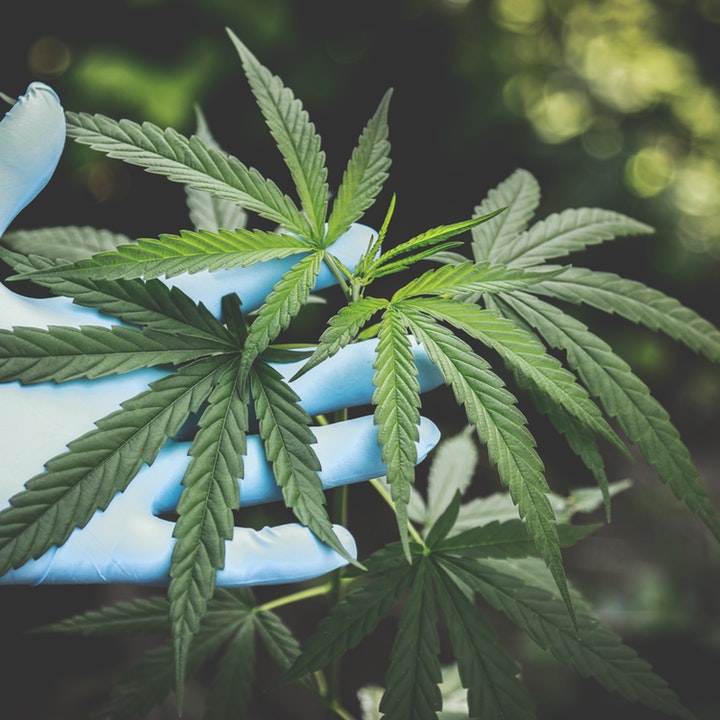Nevada is one of the eleven states where recreational marijuana is legal. The numbers definitely seem small, but medical marijuana is legal in thirty-three states. As you might already know, Nevada legalized the recreational use of marijuana in 2016, but this wasn’t the first time Nevada had marijuana laws. If something needs legalization, it means it was banned before, right? Well, that happened almost a century ago – more precisely, in 1923.
But what about the other states? And how did it all start? Let’s find out below…
Many Theories About the Origins of Weed in the USA
There are numerous stories and theories about the origins of marijuana in the States. In this article, we’ll go through the most famous ones. Some folks believe that weed first emerged in the 16th century in Chile and Brazil and then started spreading to the north. Some say that marijuana came over with Columbus in 1942, and another common theory is that pot came to America in the form of hemp plantations in the 17th century.
The Columbus Theory
It is for sure that the Italian explorer did bring cannabis seeds to America, but was he the one who originally introduced it to the New World?
Before answering that, we should ask ourselves why Columbus brought the seeds in the first place. Some believe he brought the plant for its medicinal benefits, while others say the crew used to get high at sea to alleviate fears that the vessel might sail off the edge of the world. Well, if there are any Flat Earthers reading this blog, you might want to do the same if you’re cruising around. At least the Nevada marijuana laws allow you to!
However, there is not a single legitimate historical source confirming this information although some records suggest that Columbus brought the seeds in order to grow crops. In addition, the ships utilized hemp from the cannabis plant for ropes and sails. Also, the plant is a viable source of food.
The Hemp Plantations Theory
It’s less likely that it was Columbus who brought marijuana to the Americas. First of all, it wasn’t until the early 1900s in America that cannabis was popularly used for recreational purposes, so it’s very unlikely that Columbus and the rest of the crew blazed on the vessels.
There are reports from William Henry Holmes’ 1896 Prehistoric Textile Art of Eastern United States that several hemp products have been noted by the Smithsonian. The plants originated from older civilizations like the Native Americans. Another theory is that the Vikings were strongly dependent on hemp for sails and rope. It’s believed that they visited the New World centuries before Columbus and brought the seeds with them.
The Chile & Brazil Theory
It is believed that the Spaniards introduced marijuana in Chile in the 1500s, and the first definite record of the marijuana plant dates back to 1545. Some folks also say that the African slaves were familiar with cannabis as an intoxicant and brought the seeds with them to Brazil in the 16th century.
It’s known that the Jamestown settlers brought marijuana plants to Virginia in 1611, which they cultivated for their fiber. It was then introduced to New England, and until after the Civil War, cannabis was a major crop in North America, which played an important role in both national and colonial economic policy. At some point, the Virginia state awarded bounties for hemp manufacturing and culture. It even imposed penalties on those who didn’t produce it.
A bit weird how things turned out. Well, at least the Nevada marijuana laws as well as those of 10 other states allow the recreational use of cannabis.
Let’s Wrap Up
Columbus brought seeds, and so did the Portuguese who took it to Brazil, and then the British who took it to Jamaica. For sure, hemp was grown in the colonies, but it’s unlikely that people used to smoke cannabis back then. It could have been the African slaves who knew it all along, it could have been George Washington who thought that hemp would be a more lucrative cash crop than tobacco but decided to go with wheat and kept the secret to himself, or it could have been a random farmer who got bored and decided to roll some.

